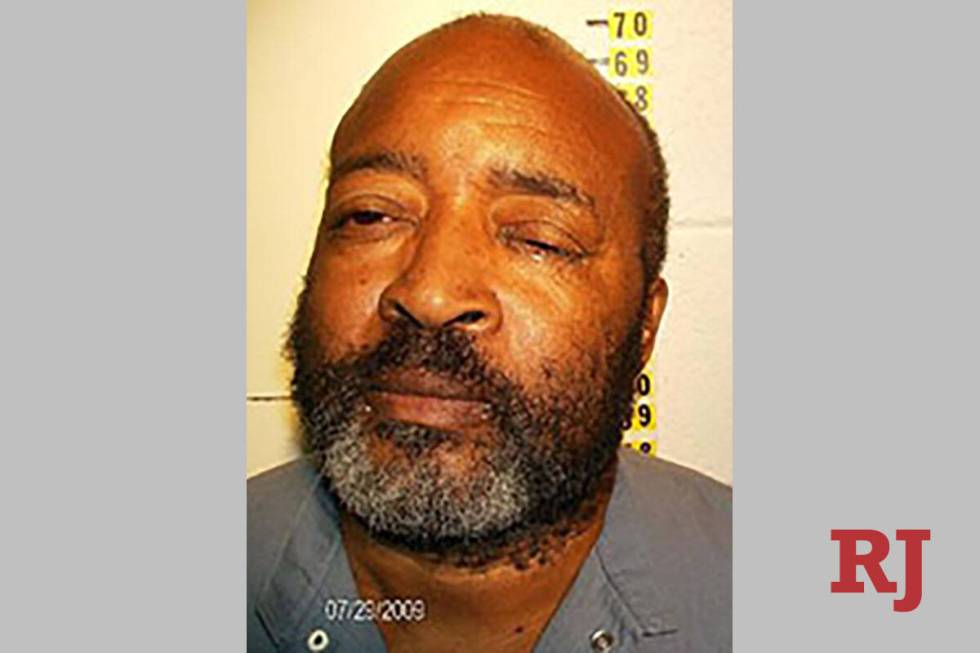Man on death row for nearly 40 years ruled ineligible for execution

A man who has spent nearly 40 years on Nevada’s death row is ineligible for capital punishment and should be granted a new penalty hearing, the state’s high court has ruled.
Samuel Howard, 73, was given the death penalty in 1983 after he was convicted of robbing Las Vegas dentist George Monahan of $2 and fatally shooting him in the head in 1980.
In a unanimous decision handed down Thursday and penned by Justice Douglas Herndon, the court found that a New York court had recently vacated Howard’s previous lone violent felony conviction, negating execution as a possible sentence.
Prosecutors argued that capital punishment should have been upheld for Howard on procedural grounds, but the justices disagreed.
“Howard demonstrated that he is actually innocent of the death penalty, establishing a fundamental miscarriage of justice,” Herndon wrote.
Howard was initially given the death penalty based on two aggravating circumstances, one of which had been invalidated by the Nevada high court before the New York case was thrown out.
The death penalty can be imposed in Nevada only when at least one of more than a dozen aggravating circumstances, such as a prior felony conviction for murder or the use or threat of violence, are found. A jury then weighs the aggravating circumstances and those in the defendant’s favor, called mitigating circumstances, to determine whether capital punishment is warranted.
Under a new penalty hearing for Howard, a jury would decide between a sentence of life in prison with the possiblity of parole or without the possibility of parole.
“Given that the statute clearly requires a conviction, we cannot salvage the aggravating circumstance based on the other evidence the State presented at the penalty hearing” for Howard, Herndon wrote. “Because the only aggravating circumstance supporting Howard’s death sentence is no longer valid, he is ineligible for the death penalty.”
Attorneys, including Lance Hendron and federal public defenders Jonah Horwitz and Deborah Czuba, litigated Howard’s sentence for for years.
“We appreciate the court’s well-reasoned and thoughtful decision on behalf of Mr. Howard,” Hendron said Friday.
Nevada’s last execution was in 2006, when Daryl Mack was executed for the rape and murder of a Reno woman, Betty Jane May, in 1988.
Scott Coffee, a public defender and board member on the Nevada Coalition Against the Death Penalty, pointed to several other recent death penalty cases where the punishment has been reversed.
“This is big. If you want to see the future of capital punishment and capital punishment litigation, you’d probably do well to look at this” and past cases, Coffee said. “We’ve never got this right, and I don’t think it’s possible to get this right.”
Robert Dunham, executive director of the Death Penalty Information Center in Washington, D.C., also said that more and more inmates are being taken off death row across the country after serving decades awaiting capital punishment.
“It seems particularly futile when it takes 40 years to discover that the aggravating circumstances that were the basis for the capital prosecution in the first place are invalid,” Dunham said. “This illustrates one of the lesser known issues with capital punishment, which is that death sentences based on a defendant’s prior history are only as reliable as the prior convictions.”
Contact David Ferrara at dferrara@reviewjournal.com or 702-380-1039. Follow @randompoker on Twitter.